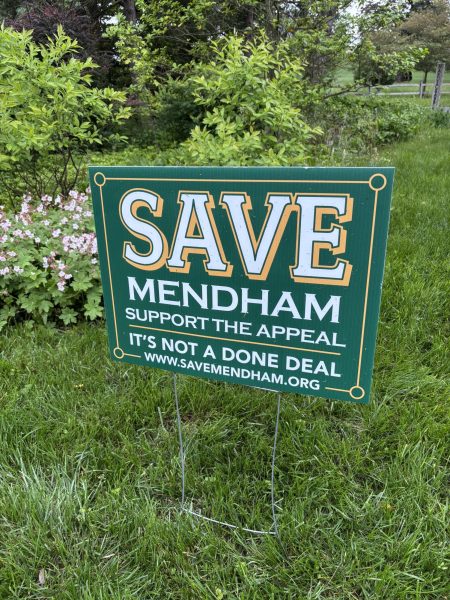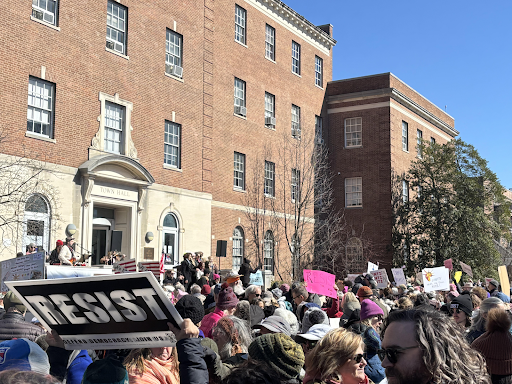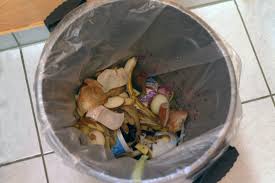13 Years later, Trafigura Officials Remain Unapologetic Towards Chemical Dumping

Workers walk past a contaminated road-side ditch (credit AFP)
In the early 2000s, oil production company PEMEX was accumulating large amounts of gasoline containing the components sulfur and silica. After running out of room to store this gasoline the Mexican company looked at methods of ridding the excess product. Workers drove tankers up towards Texas to the metal and energy trading company: Trafigura. In Brownsville, Texas, Trafigura workers loaded the product onto the Panamanian tanker ship Probo Koala where it was designated to undergo a process to achieve naphtha. Naphtha is a hydrocarbon mixture that is able to be sold and was created by removing the sulfur and silica by adding caustic soda, better known as lye. This was done to avoid the obstacles associated with transporting it to and paying a refinery.
However, Trafigura became responsible for 3 hazardous byproducts as a result of this process. The first was Sodium sulfide (Na2S), a water-soluble chemical that when contacted with air results in a nauseating, rotten egg smell and burns human skin. The second was the chemical Phenol (C6H5OH), used by the Nazis in their process of systemic extermination of massive amounts of people. The chemical was injected into their victims to reach its desired effect of protein degeneration, respiratory failure, burns, irregular heartbeat, seizures, coma, and death. These symptoms all can arise with prolonged external exposure as the chemical is absorbed quickly into the blood, acting with the same effect as an injection. Lastly, the chemical process left Trafigura with excess amounts of lye with burns and blindness coming as a result of contact.
Trafigura initially planned on disposing of the waste in the Netherlands. This would be impossible if locals had known the true extent of their cargo, so it was disguised as less harmful than what it actually was. The disposal company Amsterdam Port Service agreed on disposing of the chemicals for around $670,000. They were quickly reconsidered, however, as strong smells began blowing away from the full tanks. They reached out to the city of Amsterdam’s officials, all of which were getting plagued by complaints by residents of awful smells. APS warned Trafigura and the Probo Koala that the price of disposal would jump to be around 30 times as much to deal with the waste once its true identity was made official, however, they gave them the option to reload the ship with the toxic cargo. The choice was made to reload, and on July 5th, 2006 the tanker vessel left Amsterdam.
The Probo Koala made its way down from Europe to the waters of Lagos, Nigeria. Here, the gasoline was unloaded off the tanker vessel. This left only empty tanks and those filled with the hazardous byproducts. Two offers were made to dispose of the chemicals while in Lagos to the captain of the Probo Koala. It is not known why this was not done. Unloading the excess safely would be somewhat costly, but at what loss when compared next to the $19,000,000 profit from the refining of PEMEX’s solution, or the company overall calculated 2006 revenue of $511,000,000?
On the 17 of August, 2006, the Probo Koala set sail for Abidjan, Cote d’Ivoire. Here, in the Port of Abidjan, Trafigura made a decision that would come to alter the lives of thousands of people with total disregard as to how those people would be affected. For merely $17,000 USD the illegal local company known as Compagnie Tommy was placed in charge of the disposal efforts. On the 19th of August, the company began the process of taking truckloads of chemicals off into the Cote D’Ivoire. Wastes were apparently scattered in water systems, in normal landfills, along roads, or just simply amongst the poor living in the slums of the African nation. It is not known specifically where all the waste was laid, to this day.
Just the day after, Cote D’Ivoire’s facilities flooded with reports of the incident. Thousands complained of awful smells. Breathing difficulty, skin irritations, and headaches plagued residents. Authorities recorded 15 deaths the day after, however as one could imagine there is a substantial possibility for much greater figures in a region like the Cote D’Ivoire. After suspicions arose from Dutch officials followed the complaints Trafigura insiders falsified documents to record the disposal payment at $100,000, rather than the meager $17,000.
On the 11th of November, 2006 a £100 million lawsuit was filed in the High Court in London stating that, “Trafigura was negligent and that this, and the nuisance resulting from their actions, caused the injuries to the local citizens. This has been a disaster on a monumental scale. We hold Trafigura fully to account for all the deaths and injuries that have resulted from the dumping of their waste.” Almost simultaneously, Trafigura agreed to pay $200 million to Cote D’Ivoire officials in a deal to avoid any prosecution. The original case was long and intensive, eventually being settled out of court in a settlement on September 20, 2009. Trafigura was to pay $46 million to those affected, although a significant portion of that was offered to a group misrepresenting victims of the disaster, resulting in around 6,000 of the 30,000 victims ending up without any compensation, nor a response from Trafigura. In 2016 another compensation claim arose in the Netherlands, although this case is still ongoing.
Trafigura persists to this day in its claims that the waste was intended to be disposed of legally. They maintain that they did everything in their control to make sure that people would not be affected by the waste, and instead the guilt should be put upon the illegal Compagnie Tommy. They have never openly claimed to accept responsibility for the dumping of their waste products, and they have gone as far as to downplay the dangerousness of being exposed to the chemicals, saying that they “… at worst have caused a range of short term low-level flu-like symptoms and anxiety.”
In 2016 Amnesty International interviewed the residents of Abidjan. They say they still experience health effects from the chemicals which they are now forced to endure for the rest of their life. They claim that, if it rains hard enough, you can still go out and smell the chemicals from over a decade earlier.

Jordan Larrabee is currently a senior at Mendham High School. Jordan
is a returning member of Mendham's journalism class and writes for the
paper, The...







